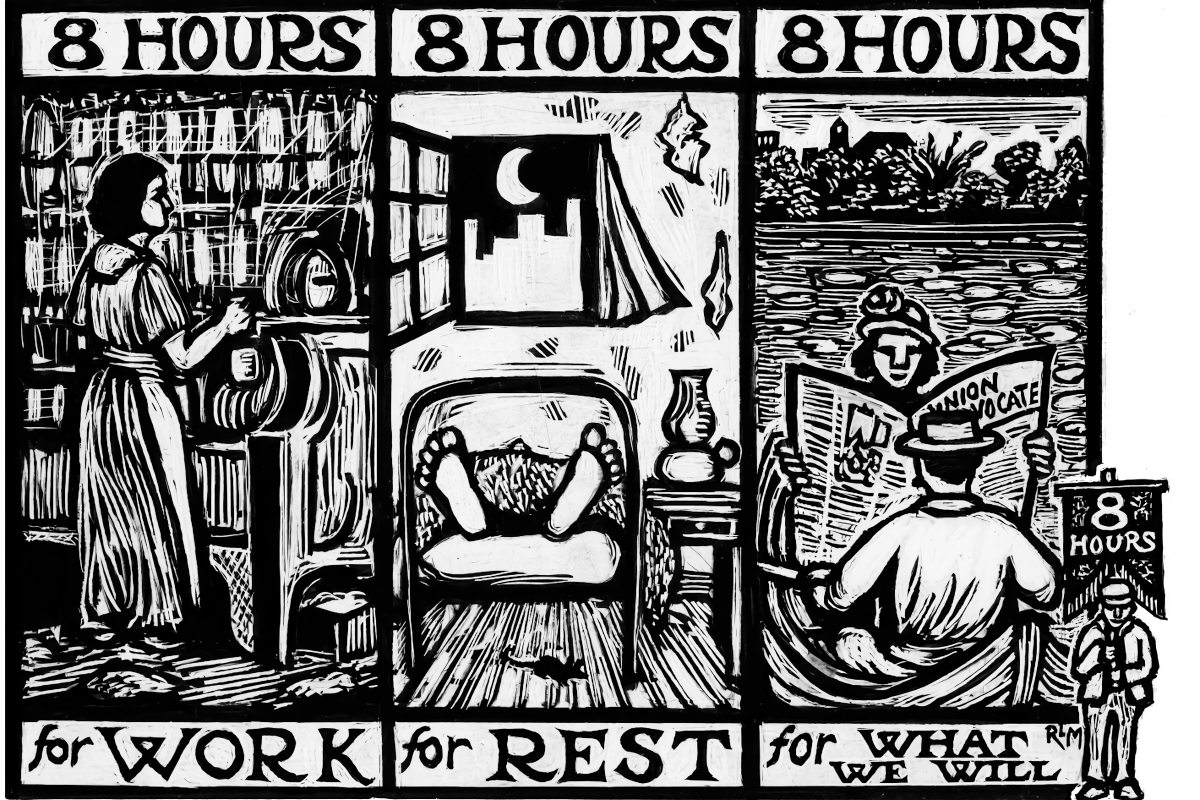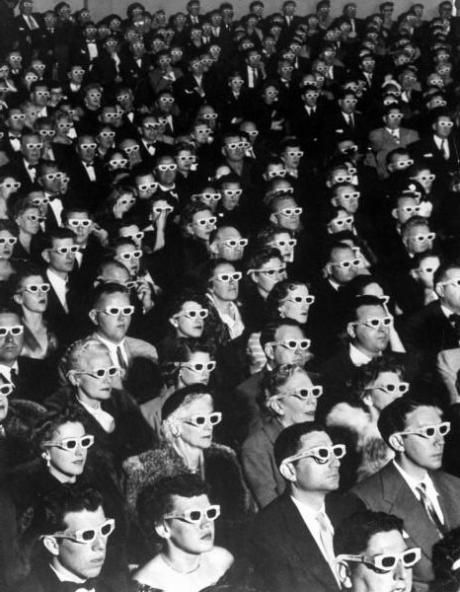Para Marx el capitalismo representa engañosamente "la ciencia como propiedad del capital". La maquinaria -comprada con el trabajo no remunerado d los obreros- es "presentada como ciencia ajena externa al trabajador". Con la tecnología "el trabajador se presenta como superfluo"1/4 

"Por tanto, es una afirmación burguesa muy absurda q el trabajador tenga intereses comunes con el capitalista porque este último haga su trabajo más corto y fácil". Marx explicó: "el capital reduce involuntariamente el trabajo humano al mínimo" sólo para aumentar su beneficio 2/4 

En los "Grundrisse" (1857-58), #Marx escribió que el trabajo "se transfiere del trabajador al capital en forma de máquina" y, en consecuencia, el trabajo se devalúa: "lo que era la actividad del trabajador vivo se convierte en la actividad de la máquina" 3/4 

En cambio en el socialismo "la reducción general del trabajo necesario de la sociedad al mínimo" -gracias a los recursos creados por las máquinas- permite "el libre desarrollo de las individualidades, el aumento de sus cualidades artísticas, científicas, etc". Hay alternativa.4/4 

• • •
Missing some Tweet in this thread? You can try to
force a refresh

 Read on Twitter
Read on Twitter





















